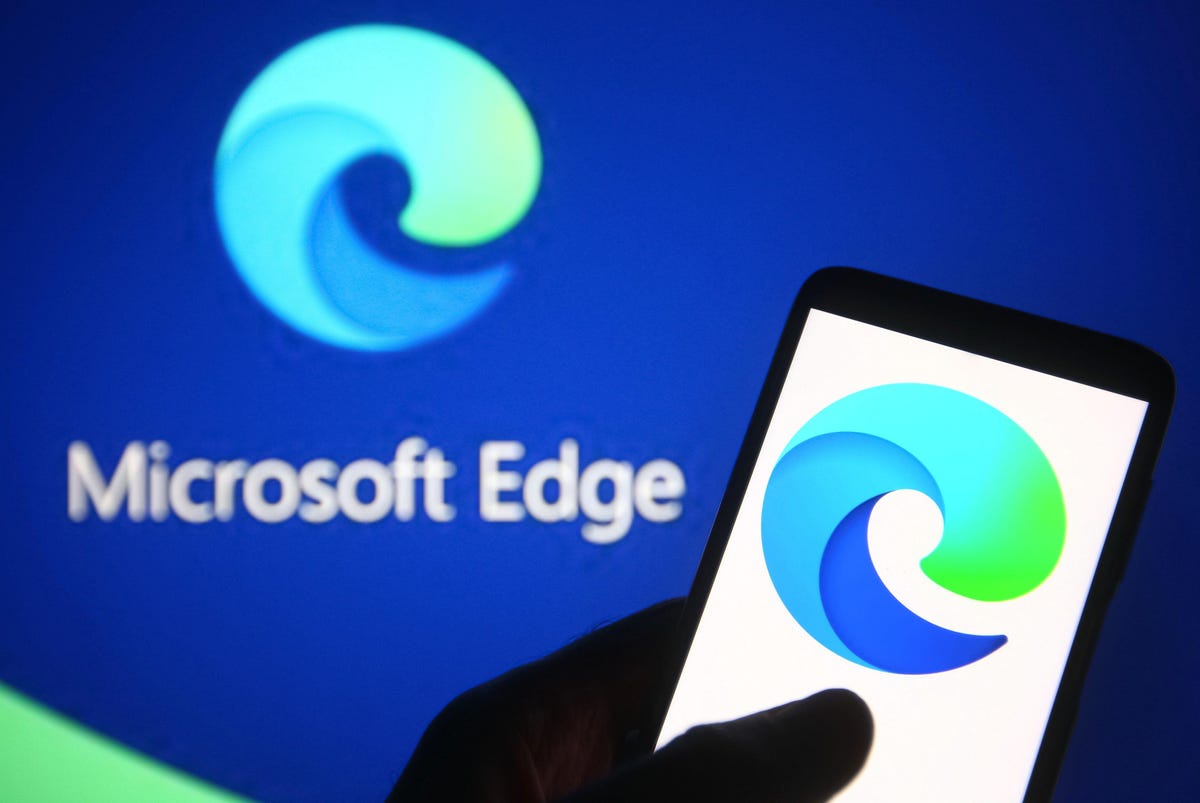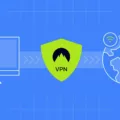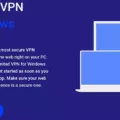Microsoft Edge is one of the most popular web browsers on the market, and it offers a range of features to keep users secure and anonymous while browsing the web. One of these features is its in-built VPN, which helps to protect your data from potential eavesdroppers when you’re connected to an unsecured network.
A Virtual Private Network (VPN) creates a secure connection between your device and a remote server, encrypting all the data that passes between them. This means that anyone who tries to intercept your information won’t be able to read or understand it.
Microsoft Edge has an in-built VPN solution that makes it easy to stay anonymous while you’re browsing. It also recently increased the amount of free data users can get in a month with its free VPN service. To use it, you just need to open Microsoft Edge and install the “VPN Unlimited” extension from the Chrome Store. Once installed, you can enable it by going into Settings and More > Extensions > Allow Extensions from Other Stores.
If you don’t want to use an app or extension for your VPN, Windows 10 also has built-in support for manual configuration of L2TP/IPSec, SSTP, or IKEv2 protocols. To configure this yourself, you will need some technical knowledge as well as access to a compatible server address and port number from your provider’s website or documentation.
Using a VPN on Microsoft Edge is an effective way to keep your data safe and secure while browsing online. It also makes it easier for you to access content that might not be available in certain countries due to geo-restrictions or censorship laws. So if you want complete anonymity when using Microsoft Edge, make sure you take advantage of its built-in VPN solution today!

Does Microsoft Edge Offer a VPN?
Yes, Microsoft Edge does have a built-in VPN. It is available as an extension and can be used on Windows 10 devices. The VPN feature allows you to connect to a secure, private network that encrypts your data and protects your identity and confidential information from hackers, ISPs, and other malicious actors. With the Microsoft Edge VPN, you can browse the internet privately and securely without worrying about someone snooping on your activities.
Does Microsoft Edge Offer a Free VPN?
Yes, Microsoft Edge does have a free VPN service. The free service provides users with up to 500 MB of data per month, allowing them to access websites anonymously while protecting their privacy and security. It is available on Windows 10 devices running Microsoft Edge Canary and is also available in the mobile version of the browser. The free VPN service also allows users to change their virtual location so they can access content that may be restricted in their current location.
Does Microsoft Edge Protect IP Addresses?
Yes, Microsoft Edge does hide your IP address when you visit websites. It does this by routing your traffic through a virtual private network (VPN) that masks your IP address and encrypts the data you send and receive. This helps protect your privacy and security online and prevents websites from collecting information about your location or activity.
Does Windows 10 Have a Built-In VPN?
Yes, Windows 10 has a built-in VPN service. To access it, open the Windows Settings menu and select Network & Internet. From the left menu, select VPN and then click Add a VPN connection at the right. In the dialog box that opens, choose “Windows (built-in)” as your VPN provider. Once set up, you can use the built-in VPN service to connect to other networks or access the internet securely.
Microsoft’s VPN: What Is It Called?
Microsoft’s VPN technology is called DirectAccess. It is a part of their Unified Remote Access solution, which provides secure, remote access to corporate intranet resources for clients that are connected to the Internet. DirectAccess allows organizations to securely and seamlessly connect their remote mobile and corporate-owned devices to the corporate network without the need for traditional VPN connections. This makes it possible for users to access corporate resources from any location, even when they are not connected directly to the corporate network. Additionally, DirectAccess helps reduce complexity and cost by providing improved endpoint security management and simplified user authentication.
Conclusion
In conclusion, Microsoft Edge VPN is a great way to protect your data and stay anonymous while browsing the web. With an in-built VPN solution, users can get up to 500MB of free data each month. Additionally, Windows 10 has built-in support for VPNs, allowing users to manually configure L2TP/IPSec, SSTP, or IKEv2 connections. Whether you choose a third-party app or the native Windows 10 solution, using a VPN is an effective way to ensure your online activity remains secure and private.








